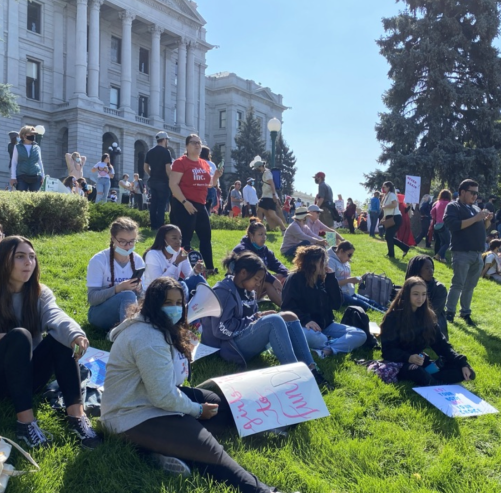Minor & Courses
CCESL offers a variety of options for students to get started or dive deeper into their community-engaged journey. View the options below to see what fits best with your interests and course plan.
On this Page:
There are two ways to add the minor to your studies:
Fill out an add/drop form
Fill out the form below and return it to the Office of the Register, located on the garden level of University Hall. Please note that a signature is not required when adding a minor.
To fill out the form, first complete the top section (name, ID number, current degree, and current major(s)/minor(s)). Then, underneath the "Add or Drop a Minor or Minor" section, write, “Community Engagement for the Public Good” for the minor name, and input the date.
Add/Drop Undergraduate FormMeet with CCESL's Executive Director
Meet with CCESL Executive Director, Cara DiEnno, who will then submit the form via email on your behalf. Reach out to Cara (Cara.DiEnno@du.edu) with any questions or if you'd like to setup a time to meet to complete the minor form.
Additional Minor Details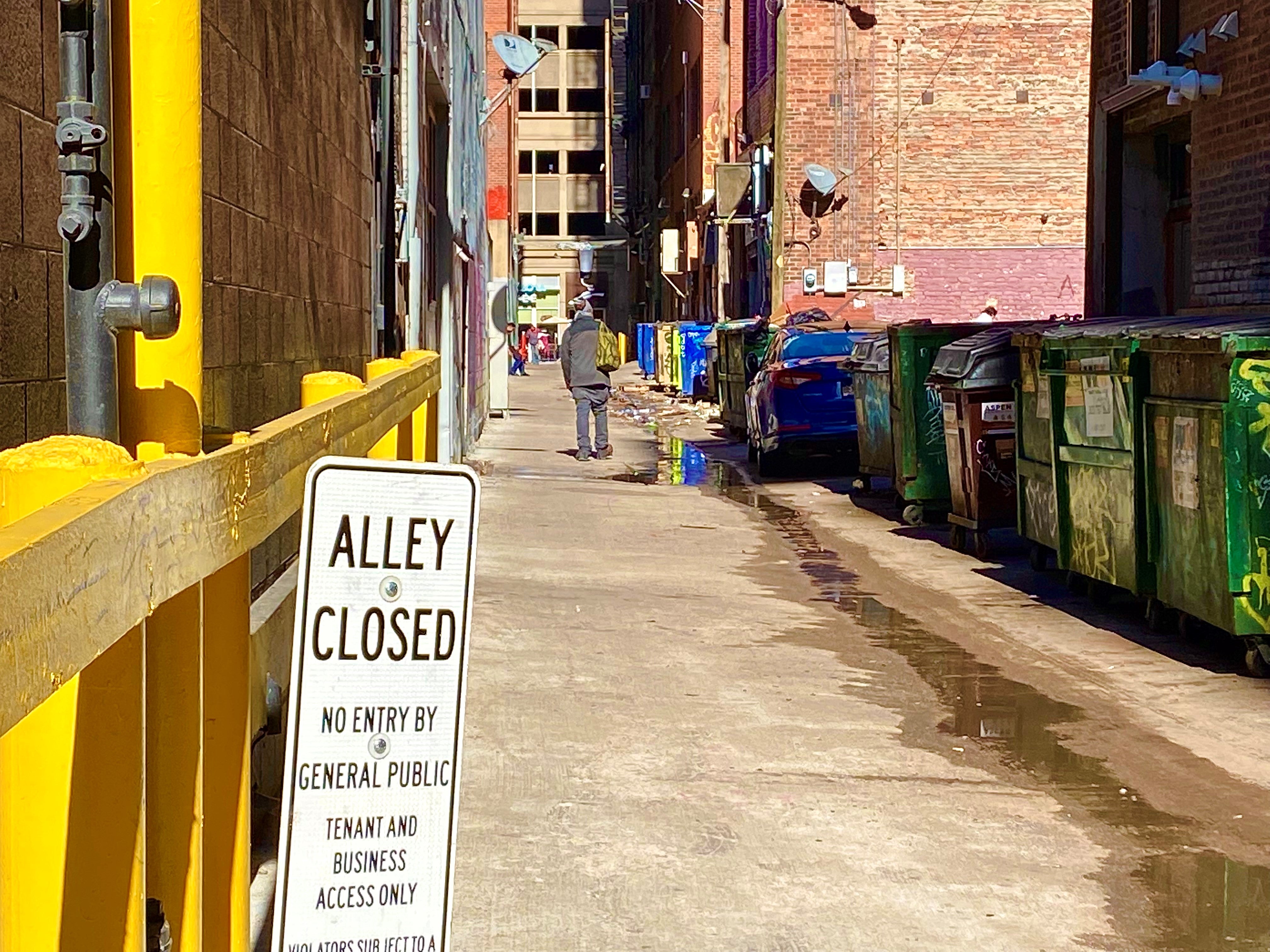
CENG 2510 Denver Urban Issues and Policy | 2 Credits
This course is part of the Center for Community Engagement to advance Scholarship and Learning (CCESL)’s course series, which equips students with the skills, knowledge, and commitments necessary to collaborate with communities for the public good.
As members of the Denver community, we have the responsibility and right to investigate important issues and co-create solutions that center equity and inclusion. There is a wide array of actions that can be taken to create social change, depending on what the issue demands and the strengths, skills, and talents of those working for change. The aim of this course is three-fold. First, you will learn how the history of Denver, including how legacies of violence, displacement, forced migration, and resettlement of Black, Indigenous, and People of Color communities, have shaped the issues we see today. Second, the course will introduce you to some of the most critical issues facing Denver and local efforts to address those issues. Lastly, the course will provide the space for you to explore the variety of social change actions that can be taken, weighing the pros and cons of each and considering how to assess fit for the issue(s) you care about and your own strengths.
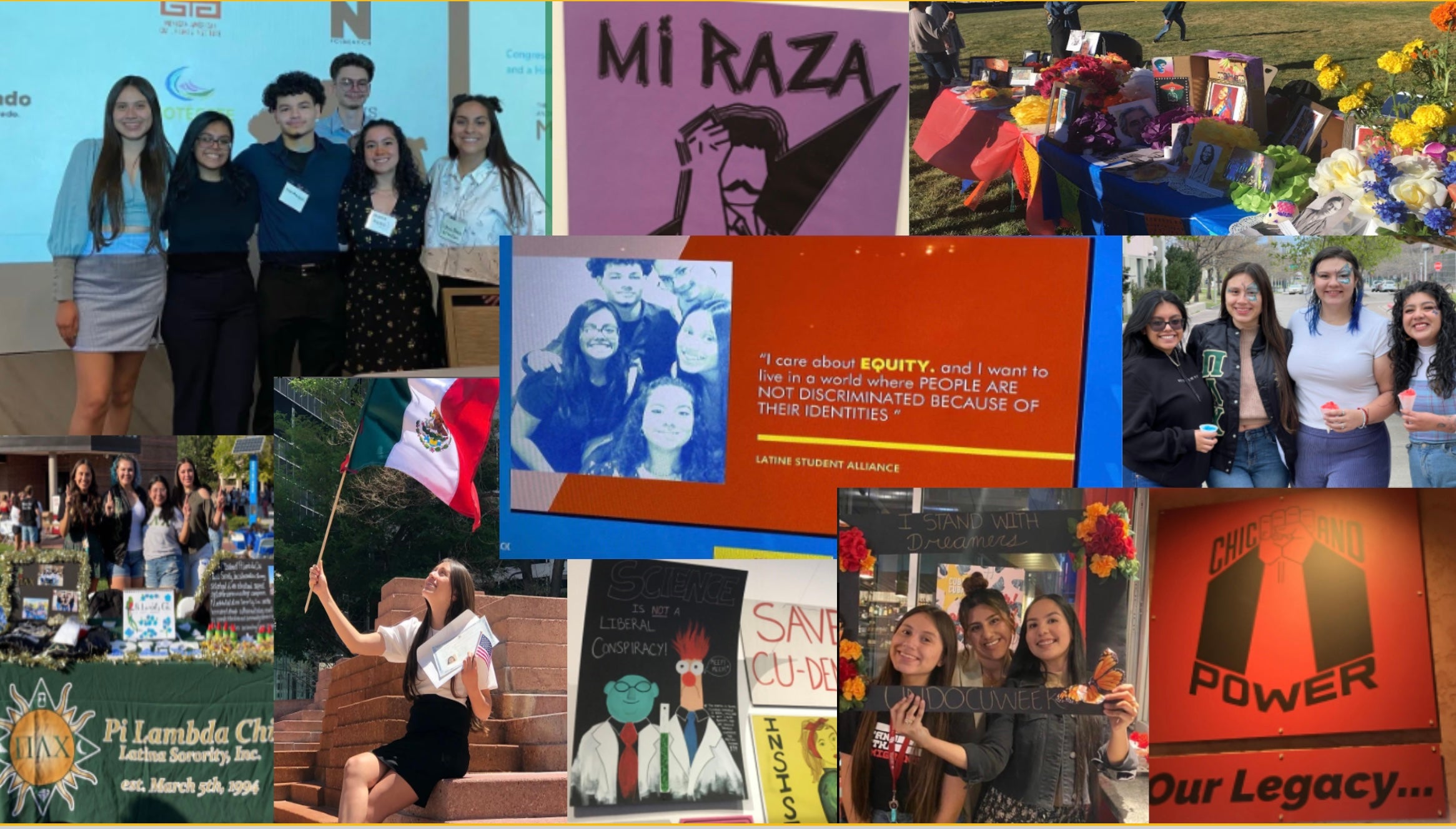
CENG 2520 Community Organizing | 2 Credits
This course is part of the Center for Community Engagement to advance Scholarship and Learning (CCESL)’s course series, which equips students with the skills, knowledge, and commitments necessary to collaborate with communities for the public good.
In this course, you will learn about the history of community organizing in the United States, the role of community organizing in contemporary social movements, and the components of the community organizing process. Students will first learn how to critically examine power, privilege, oppression, and white supremacy in the context of working for social change. Then, you will explore various community organizing practices including identifying self-interests; building relationships; defining issues using an anti-oppression analysis; understanding root causes; centering the experience of the communities most impacted by injustice and systemic oppression; and creating a vision, strategies, tactics to support campaigns for social justice.
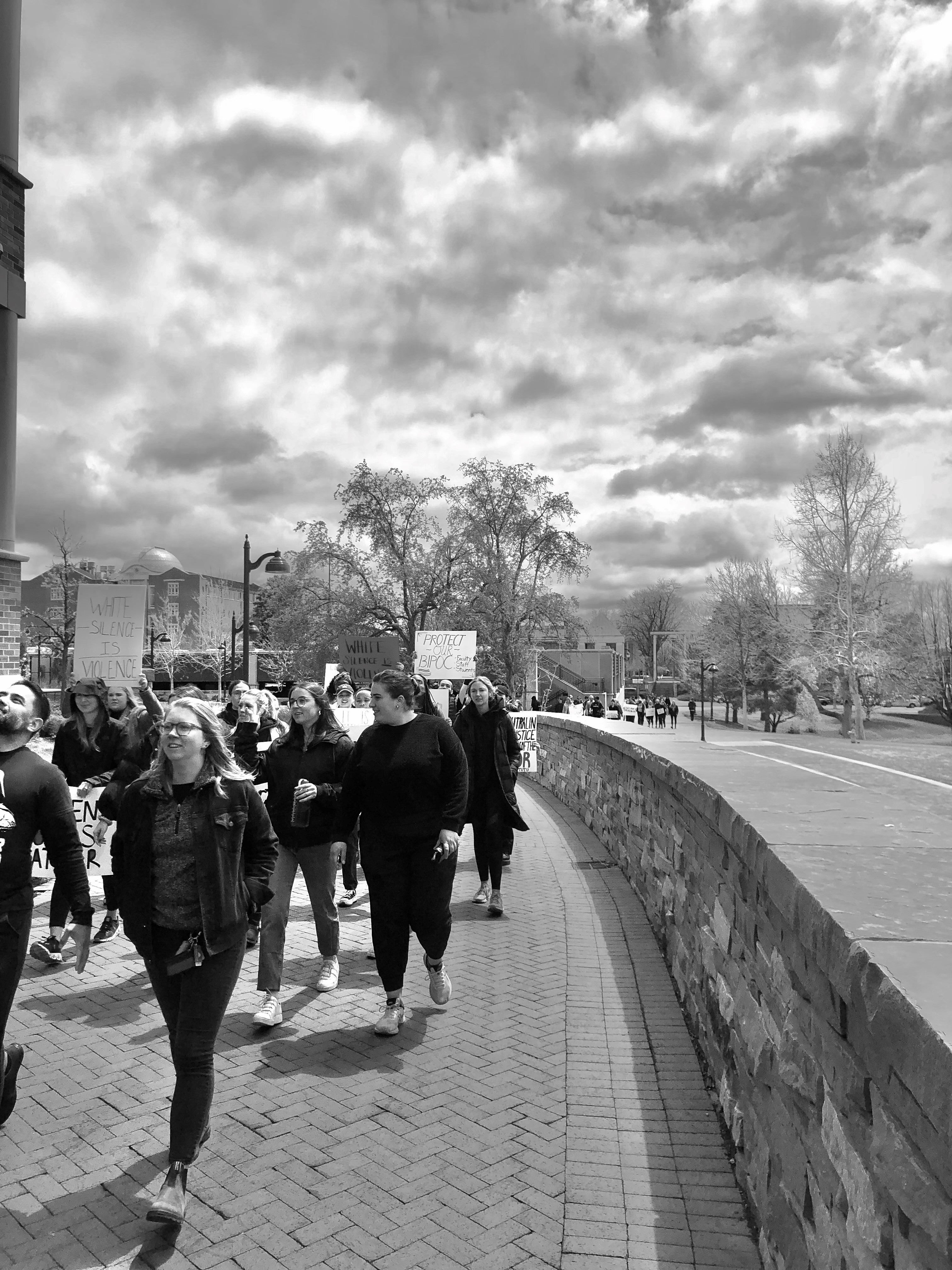
CENG 2590 From Public Good Theory to Action | 2 Credits
This course is part of the Center for Community Engagement to advance Scholarship and Learning (CCESL)’s course series, which equips students with the skills, knowledge, and commitments necessary to collaborate with communities for the public good.
Through this course, you will integrate your personal, professional, and academic goals with a focus on social change. In doing so, you will gain a clear sense of your identity as a public good scholar as well as a personal action plan that you can implement to address a social justice issue of your choosing. You will apply an anti-oppression analysis to your plan including how the I’s of Oppression manifest in your selected topic, ways you center the knowledge/voices of the communities most impacted by the injustice/systemic oppression, and how white supremacy shows up in your issue and how to actively work to address racist and oppressive practices.
Independent Study, Internships, & Special Topics

Community Engagement Internship | CENG 3980
Students who complete a special project as part of an internship with a community organization can register for 1-8 Community Engagement Internship credits.
ChangeMakers Internship Program
CCESL offers an internship program where students will collaborate with community partners for credit. Students will tackle real-world challenges through special projects as defined by one of CCESL’s community partners that will develop your skills in community engagement. The program spans fall, winter, and spring quarters with weekly meetings and variable credit options that can count toward the Community Engagement for the Public Good Minor (optional).
Use the "View Internship Sites" button below to see a current list of internship partner sites and identify the one that aligns with your interests and goals!
For questions or to register, contact the instructor, Cara DiEnno, below.
Program Information for Students View Internship SitesAre you an organization looking for interns?
We invite you to learn more about becoming an Internship Partner! Learn more about the expectations and benefits below.
Internship Partner Information Contact Dr. Cara DiEnno
Public Good Pathways Independent Study | CENG 3991
The Public Good Pathways Independent Study provides academic credit for reflection, integration, and synthesis of a student’s current and previous work that contributes to the University of Denver’s public good vision. This work is overseen by the Center for Community Engagement to advance Scholarship and Learning (CCESL) and may be completed in collaboration with one or more community partner(s). Public Good Pathways Independent Study opportunities are individually designed as experiences for students who have completed at least one community-engaged class, and they require approval from the Executive Director of CCESL.
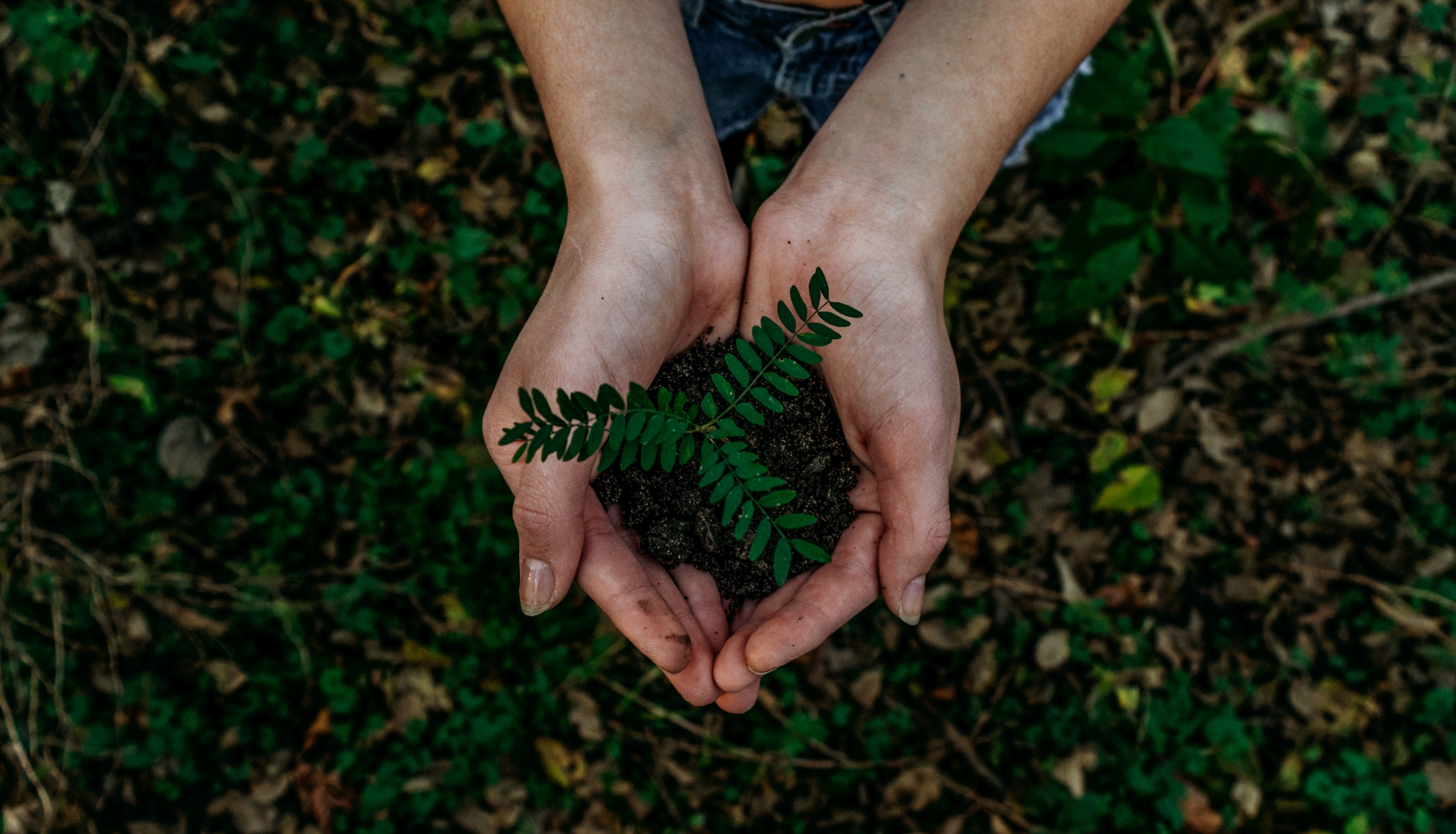
Topics in Community Engagement | WELL 2700
During some quarters, special topics in community engagement are offered. Check back at the beginning of each quarter to see upcoming courses.

